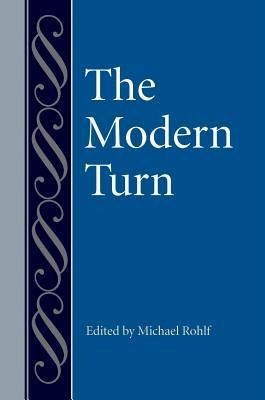
The Modern Turn
Versandkostenfrei!
Versandfertig in über 4 Wochen
54,99 €
inkl. MwSt.

PAYBACK Punkte
27 °P sammeln!
What is the modern turn in philosophy? In other words, what are the features that make modern philosophy distinctively "modern" in contrast with the pre-modern philosophy from which it emerged - for example, medieval scholasticism, Renaissance philosophy, and ancient Greek and Roman thought? How did the modern turn in philosophy transpire? That is, what did specific philosophers contribute that shaped the distinctive character of modern philosophy? The twelve essays in this volume seek to address these questions, and in doing so they exemplify and contribute to a rich debate about the nature a...
What is the modern turn in philosophy? In other words, what are the features that make modern philosophy distinctively "modern" in contrast with the pre-modern philosophy from which it emerged - for example, medieval scholasticism, Renaissance philosophy, and ancient Greek and Roman thought? How did the modern turn in philosophy transpire? That is, what did specific philosophers contribute that shaped the distinctive character of modern philosophy? The twelve essays in this volume seek to address these questions, and in doing so they exemplify and contribute to a rich debate about the nature and value of modern philosophy. This volume approaches the modern turn not as an event that occurred all at once, but rather as a series of shifts in different areas of philosophy at different times. The essays are arranged broadly in chronological order of the topics they treat. Among the themes that recur most often in these essays are, first, that modern philosophy is characteristically preoccupied with questions about foundations and, second, that it ultimately prioritizes practice over theory. But the virtues of this text is in presenting a wide range or perspectives on modern philosophy - what constitutes it as modern, when it arose, and what its shortcomings may be.





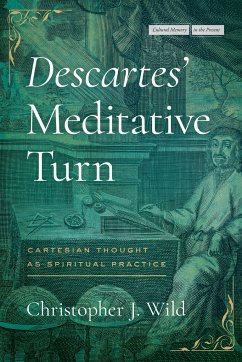
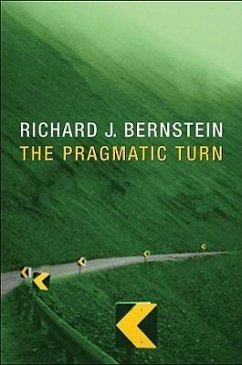
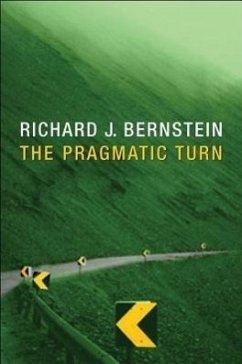
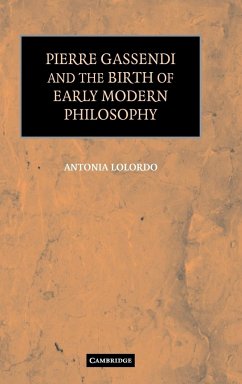
![Modern Physical Fatalism and the Doctrine of Evolution [microform] Cover Modern Physical Fatalism and the Doctrine of Evolution [microform]](https://bilder.buecher.de/produkte/66/66192/66192047n.jpg)

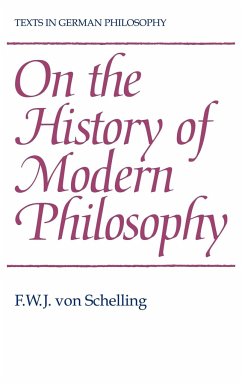
![Nietzsche and Treitschke [microform]: the Worship of Power in Modern Germany Cover Nietzsche and Treitschke [microform]: the Worship of Power in Modern Germany](https://bilder.buecher.de/produkte/69/69303/69303526n.jpg)